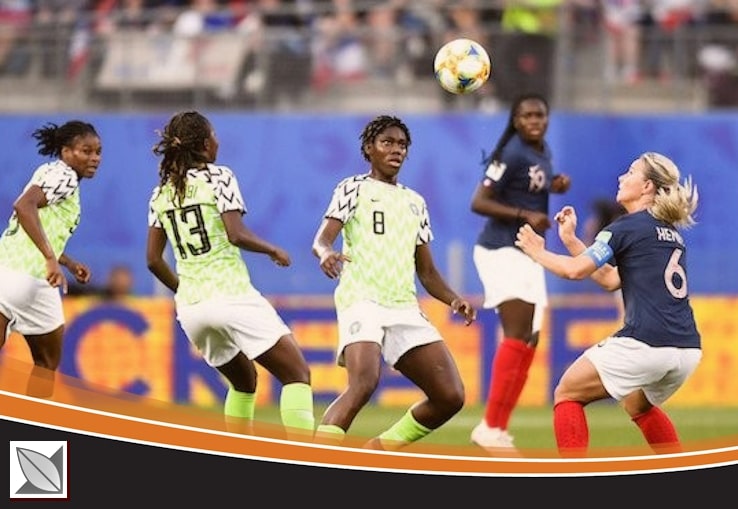A New Era: The Rise of Women's Football in 2019

The year 2019 will forever be etched in the annals of sports history as a watershed moment for women's football. Sparked by the FIFA Women’s World Cup in France, the global attention, media coverage, and burgeoning fan interest showcased the game's growing appeal and the potential for future growth. This pivotal year not only celebrated the athletes' skill and determination but also highlighted the ongoing struggles and triumphs in the quest for equality in sports.
1. The 2019 FIFA Women’s World Cup
The centerpiece of 2019 in women's football was undoubtedly the FIFA Women’s World Cup held in France. The tournament set multiple records, including unprecedented global viewership, with over a billion people tuning in. The competition featured 24 teams, and the quality of play and professionalism marked a significant step forward for the sport. The United States emerged victorious, securing their fourth title in a spectacular final against the Netherlands, further cementing their dominance in women's football.
2. Breakthrough in Media Coverage and Sponsorship
For the first time in its history, the Women’s World Cup received extensive media coverage comparable to major men's sporting events. Major broadcasters across the world televised the tournament, leading to record-breaking viewership figures. This enhanced exposure was matched by increased sponsorship deals, with major brands associating themselves with women's football, signaling a shift in marketability and commercial appeal.
3. Advocacy for Equality
The fight for gender equality in football saw significant developments in 2019. Players from various national teams, including the USA, took legal and public stands against disparities in pay, conditions, and support compared to their male counterparts. These efforts were pivotal in starting conversations around the world about equality in sports and inspiring other women athletes to advocate for their rights.
4. Rise of Club Competitions
Internationally, women's club football gained momentum with improved structures and investments. Leagues in Europe, particularly the Women’s Super League in England and the Frauen-Bundesliga in Germany, saw increases in attendance and media interest. Clubs began to invest more in their women's teams, which helped elevate the quality of play and the professional environment for the athletes.
5. Impact Players and Iconic Moments
The World Cup spotlighted several standout players who became icons and role models. Megan Rapinoe of the United States, awarded the Golden Boot and Golden Ball, was not only recognized for her performance on the field but also for her outspoken activism. Players like Alex Morgan, Marta, and Lucy Bronze also captivated audiences worldwide, showcasing skill, leadership, and the compelling narratives of women's football.
6. Global Impact and Legacy
The ripple effects of the successes of 2019 are ongoing. Globally, nations have begun to invest more in developing women’s football, from grassroots to professional levels. The increased visibility has also spurred participation among young girls in sports, promoting physical health, confidence, and teamwork.
Conclusion
The rise of women's football in 2019 marked more than just a successful tournament or a season; it signified a cultural shift towards broader recognition and appreciation of women in sports. This historic year laid the foundation for what many hope will be a new era in sports, where equality, respect, and excellence define women's football. As the game continues to grow, the legacy of 2019 will undoubtedly be seen as a turning point in the beautiful game’s history.